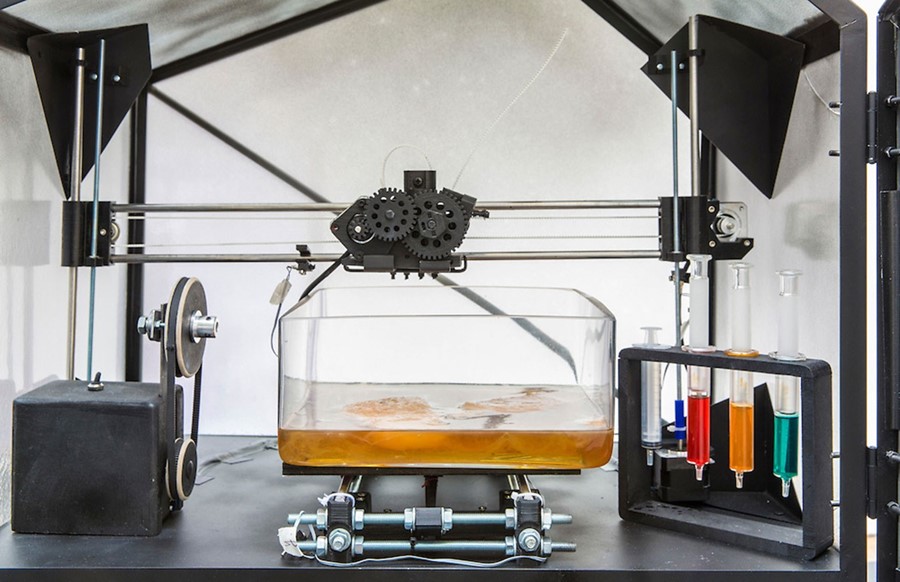This London Design Festival, designer and art director Seetal Solanki launches her new materials consultancy, with a week of sensory celebration
Designer and art director Seetal Solanki’s career thus far spans more media than most would care to name – working with clients from Alexander McQueen and Hussein Chalayan to Nike and Nissan, she has turned her hand to lighting, creative direction, fabric, colour and finishing – but the underpinning link has always been materials. “I hugely believe in the importance of celebrating the unseen processes and unknown craftspeople behind the final design," she explains, and it’s precisely this emphasis on the unseen and the unknown that inspired her to found Matter, a research consultancy and materials initiative which she hopes will bring more awareness to the power of materials. “Email can be a material,” she says, “as can time. Others are like the internet, made available to us through scientific or technological developments. Making people aware of existing materials and other undiscovered ones opens up opportunities for what we can make, or do, and even think."
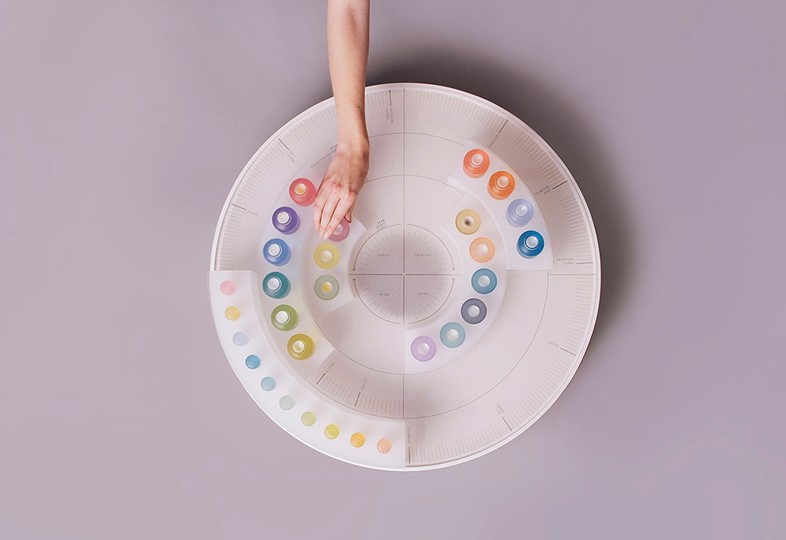
It’s about recognition too, she continues. “In the past as a textile or material designer it would be difficult to be recognised for what you bring to the table, and there are very few industries which really give the credit that materials deserve,” she explains. “I want to really champion these ideas, processes and people, and show how important they are and who they are. We are crediting every single person that is part of the process, whether it be the coder or the manufacturer. The end result wouldn’t be what it is without them.”
Launching over the course of five sensory events which will take place during London Design Festival, Solanki emphasises that inclusivity is one of Matter's key tenets. “The senses are something that everyone can relate to in some way shape or form,” she explains. “Even if you are impaired, that brings another dimension to the sensory experience.” Here she tells us about some of the revolutionary new ideas she’ll be presenting over the course of the week, from growing your own leather to the secret history of black pepper in fragrance.
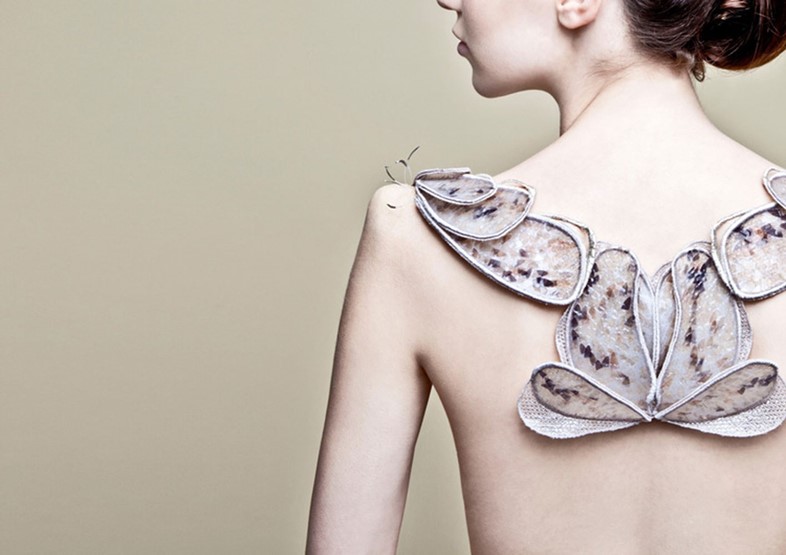
On the liminal space where science meets textiles…
“Amy Congdon collaborates with scientist Professor Di Silvio, who works in Tissue Engineering at Kings College London, to create biotechnologically driven textiles. This means that Amy is growing her own materials in a lab-based environment, and they could potentially be worn in the future, whether as fashion, or to create your own medicine, or in product design. This could have a huge impact in the way we buy and consume, as there could soon be labs in which to grown your own materials, so that wastage is minimal.”
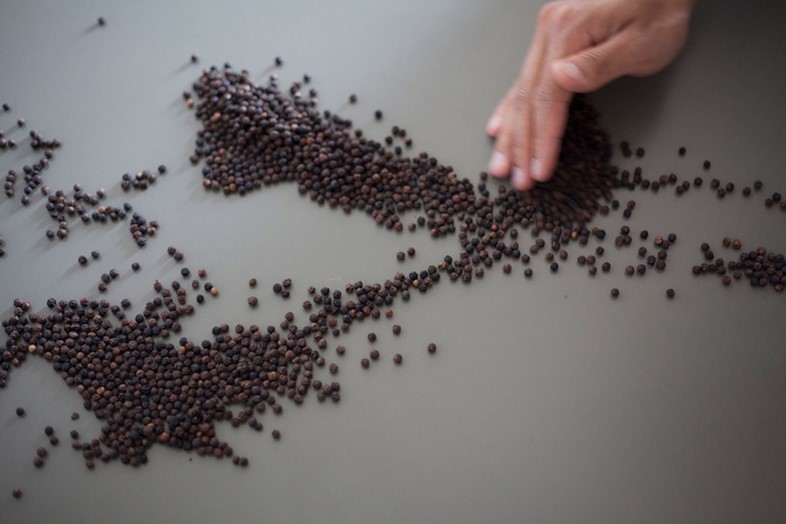
On the history of black pepper in perfumery…
“Historically black pepper was used as a trading tool, it was worth more than gold, but nowadays it is seen as an everyday mundane ingredient that we use as seasoning. Le Labo in particular use black pepper – it’s a scent in their range ‘Poivre’ – to highlight the importance of this wonderful ingredient and how valuable it really is. For the ‘Smell’ evening, DesignMarketo will give a talk delving into the hidden depths of the humble spice, and taking us on a journey of its history to the modern day.”
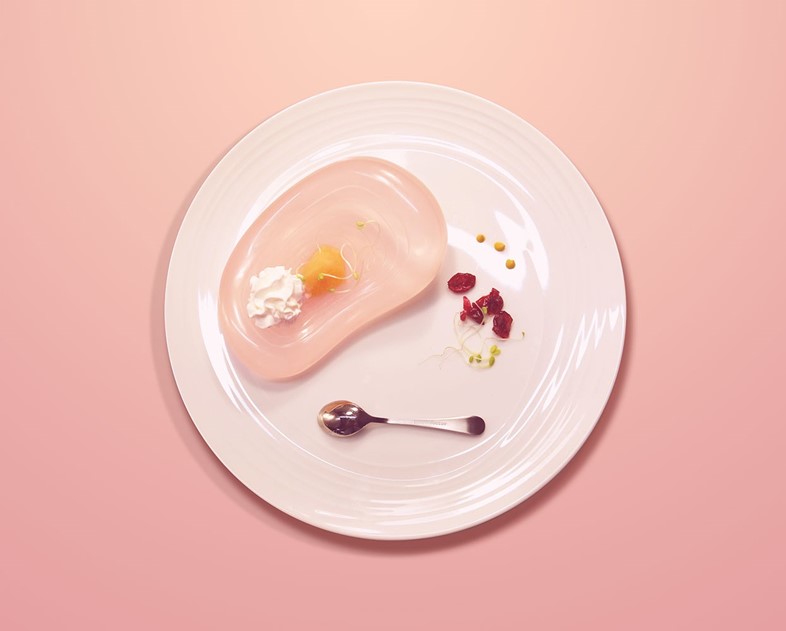
On listening to taste…
“Cravings are something that your body and mind listen to on a daily basis, but what does that look or sound like? The main cravings your body has are sweetness, sourness, bitterness, saltiness and umami, which is a pleasant savoury taste. Whispery Savoury has created a series of dishes that match with a craving and sound – a multisensory explosion of ideas and experiences. By listening to taste you can gain the maximum pleasure from eating, as you are satisfying your needs and remembering that it requires more than one sense.”
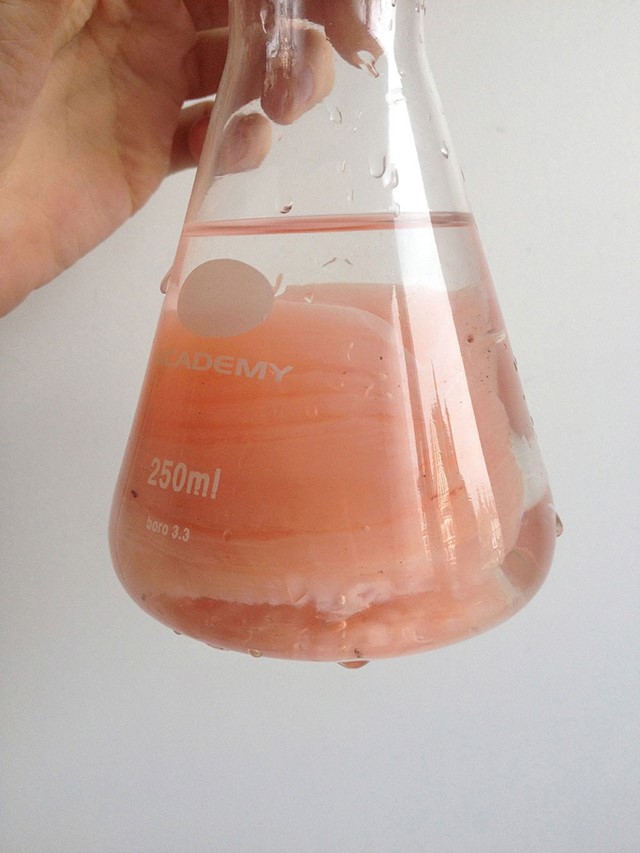
On growing your own leather…
“Zuzana Gombosova has created a bio-printer that will print with micro-organisms from bacterial cellulose, in order for the user to grow their own material. This enables the manufacturing process to be altered to a farming process. The potential for this is huge as it would allow leather to be more of a science, causing less harm to animals specifically farmed for our leather goods.”
To celebrate its launch, Matter is holding a week-long series of talks, events and workshops exploring the sensory impact of materials, which will run over the course of London Design Festival, beginning September 22. Reserve your place here.
